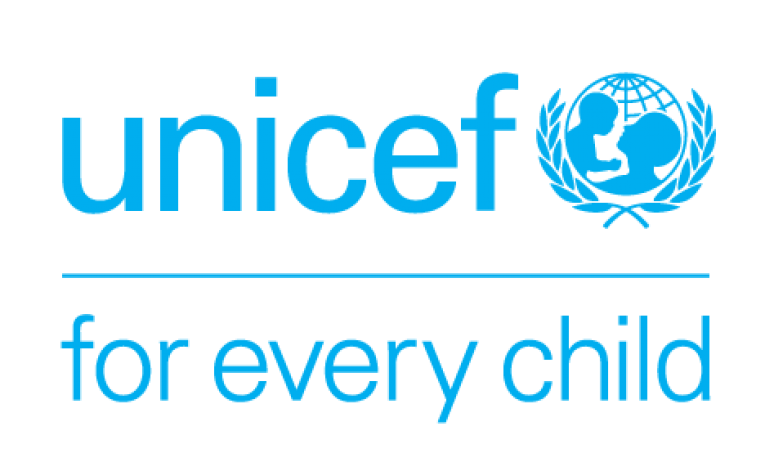By Hassan Zaggi
For Nigeria to end Open Defecation by 2025, there is the need for state governments to make deliberate efforts by constructing toilets and water sources, especially, among the most vulnerable population whether in camps or host communities.
The Officer-in-Charge, UNICEF Chief of Maiduguri Field Office, Dr. Clement Adams, who stated this at a Media Orientation Programme to commemorate the 2021 World Toilet Day in Maiduguri, Borno, yesterday, insisted that schools, markets and other public places must not be left out even as deliberate efforts are made to promote behavioural change among the people.
He further called on the state governments to adopt the Clean Nigeria Campaign initiated by the federal government.
“National and state budgets must reflect the importance of toilets and water sources to the health of children and workforce.
“We must prioritise investments in physical and human resources and scale up existing programmes targeting expansion of toilet and water services.
“We must put our money where our mouth is. It is more cost-effective to construct more toilets for conflict-affected people than to treat endless flares of cholera outbreaks with unnecessary mortalities. inability to access toilets is costly. It robs children of their health. When people die of cholera complications, children are sadly stripped of parental care and the most basic protection,” he said.
According to Dr. Adams, across the country, at least 46 million Nigerians lack access to toilets and the protection they confer against diseases and possible deaths.
While calling on stakeholders to review existing mechanisms with a view to improving access to toilets, reduce disease outbreaks and tackle malnutrition in conflict-affected children, the UNICEF Chief disclosed that about 16 per cent of the population in Borno state and 32 per cent in Yobe state still practice open defecation.
He noted that: “Evidence has shown that access to toilets and water benefits people and nations. It promotes the wellbeing of the workforce and contributes to the reduction of stunting in children. Ending open defecation helps to protect the dignity of women and girls and reduce the incidence of gender-based violence.”
He reiterated that UNICEF will continue to work with state governments and Rural Water Supply and Sanitation Agency (RUWASSA) in the north-east to promote the wellbeing of conflict-affected people and safeguard the rights of conflict-affected children to life and good health.
“Across the north-east, UNICEF will continue to advocate for one more toilet and borehole until every IDP camp, home, school and market have adequate sanitation and hygiene and facilities that safeguard the wellbeing of all,” Dr. Adams stressed.



